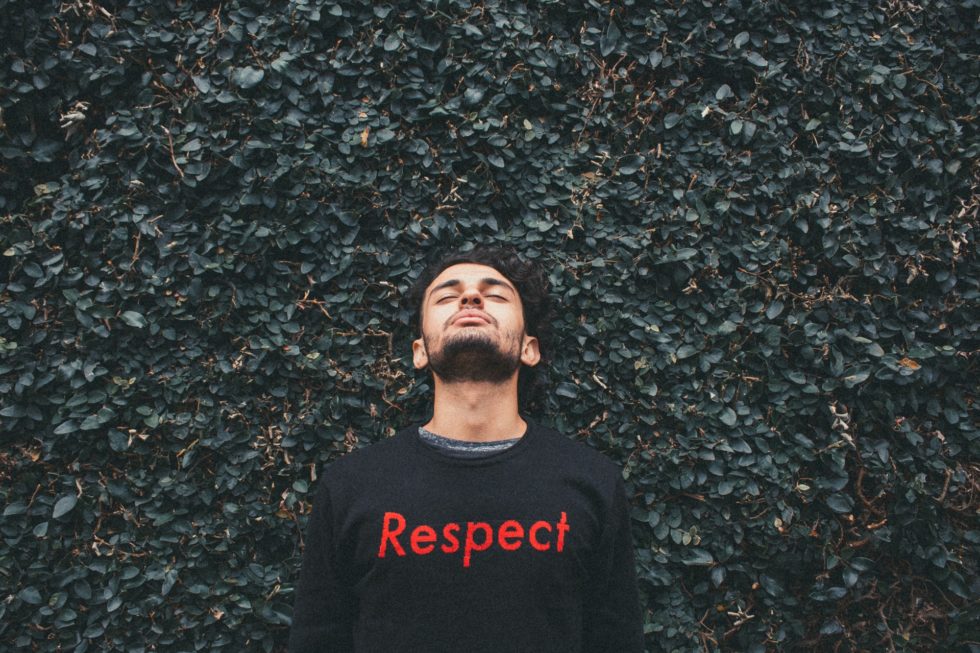It’s an inner push-pull for me.
When I’m invited to a party or I know that I’ll be with a large group of people, I feel uncomfortable. Depending on what else is going on in my life– how stressed I feel in general– this discomfort at the thought of being in a room with a lot of voices, a lot of stimuli and a lot of energy ranges from mild to more intense.
Sometimes, I feel drained just thinking about what it will be like to be among ALL of these people.
After noticing my discomfort, I often consider whether or not I will even go to the party, event or gathering that’s going to take place. And, then, the barrage of thoughts really revs up.
I might label myself as “too sensitive” or “socially inept.” I might also rationalize all of the other useful things I could do with my time instead of attending the event in question. And, I may remind myself about the people I care so much about who will be there and what I will miss out on if I “wimp” out and stay home.
In this inner tug-of-war of thoughts, my sense of self-respect hangs in the balance.
You might not feel uncomfortable when you are around large groups of people. For you, it could be something quite different, like your tendency to eat when you’re upset, your habit of shopping to chase away the blues, your usual mode of tuning out your kids or spouse by multi-tasking or anything else that you notice you do that feels inappropriate, harmful or unwanted.
It is not so much these habits and tendencies that stand in the way of any of us feeling truly good and worthy as human beings, it’s the way that we use these “bad” habits and tendencies to strip ourselves of the self esteem and self-respect we may have.
The people, values, traditions and things that we respect are accorded a special value in our individual estimations. True respect is something that is almost always based on a series of consistent and positive experiences.
When you respect someone, you generally believe and give your attention to that person and his or words and actions. You might view that person as a role model and inspiration.
The interesting thing is that quite a few of us don’t truly respect ourselves. Especially if you’ve struggled with low self esteem in the past, your sense of self-respect may feel fragile, tenuous or weak.
And, it’s no surprise that those of us who are often uncertain of ourselves, indecisive and regularly feel like we are being victimized in some form or another don’t truly respect ourselves.
One way to reclaim the power of self-respect is to start doing more of this…
Honor who and where you are– even on your way to change.
What does honoring one’s self actually mean?
Does it mean that where I am is perfect, flawless and no tweaking is ever required?
Does it mean that if I’m uncomfortable with what you are saying or doing, you need stop so that I can feel okay again?
Does it mean that my needs come before anyone else’s?
These are all important questions that have no “right” answers.
Ultimately, you’ve got to feel inside of yourself to determine what honoring yourself really looks and feels like. It will undoubtedly fluctuate over time and depending on the situation.
In most cases, to honor who and what you are does NOT mean that you deny the potential for growth and expansion that is always there. It is very different to walk around fixated on how “bad” your habits are than it is to acknowledge that there is room for improvement in your accustomed ways of living and being.
It is also very different to expect everyone around you to be and do exactly as you wish so that you can feel “respected” than it is to stand confidently in your truth while giving others the space to stand in their own truths as well– and to stay open to learn from them too.
Honoring who and where you are CAN mean that you don’t have to make anyone wrong– including yourself.
You can acknowledge that the habits that you have developed thus far in your life have served you up to a point and in some form. You can assess whether or not these are ways of living and being that you want to carry with you into your future.
In short, you don’t have to hate on yourself in order to change and bring improvements to your life. In fact, when you do, you undermine the self-respect that’s absolutely required to live a fulfilling life.
Without apology or justification, look for opportunities to grow.
If you’ve identified a change that you’d like to make in your life, keep your eyes on where you want to go AND cultivate a sense of honor and respect for where you are right now.
You don’t have to love and admire your current habits, but you can start to honor them. Don’t fritter away your energy apologizing for how “horrible” it is that you _____ . Stop rationalizing that you only _____ because of some trauma or hurtful experience you had.
Instead, own where you are and who are. Invite yourself to stand in the place where you are without apology or justification. Stay aware of and follow through with opportunities for growth in the direction you’d like to go.
This is an ongoing process that requires patience, persistence and a lot of love.






